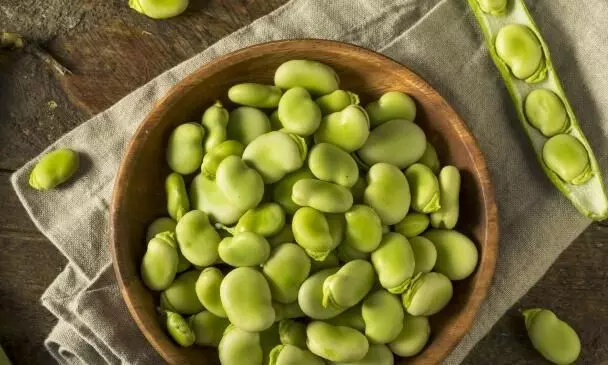
Increase peas, beans; cut down on red meat for safe bone health
text_fieldsSan Francisco: A new study has revealed that increasing the consumption of legumes, such as peas and fava beans and reducing red meat is safe for bone health and protein intake.
The research conducted by the University of Helsinki showed that the partial substitution of red and processed meat with pea and fava bean–based food products ensured sufficient intake of amino acids in the diet and did not negatively affect bone metabolism.
"Decreasing the consumption of red and processed meat in the diet to the upper limit of the Planetary Health Diet while increasing the consumption of legumes cultivated in Finland, such as peas and fava beans, is safe from the perspective of protein nutrition. Similarly, bone health is not compromised by such a dietary change either,” said Suvi Itkonen from the Faculty of Agriculture and Forestry of the Finnish university.
In the study, 102 men followed a diet for six weeks. One group consumed 760 grams of red and processed meat per week, which accounted for 25 per cent of the total protein intake, while the other group consumed food products based on legumes, mainly peas and fava beans, corresponding to 20 per cent of the total protein intake.
 Also Read: Study shows how simple saliva test could spot early heart disease risk
Also Read: Study shows how simple saliva test could spot early heart disease risk
The researchers discovered no differences in bone formation or resorption markers between the dietary groups.
There was no difference in calcium or Vitamin D intake between the groups. Calcium intake was consistent with current dietary recommendations, and Vitamin D intake was very close to the recommendations.
In both groups, mean essential amino acid and protein intakes were within the recommendations.
"Reducing red meat consumption is extremely important in terms of environmental impact," Itkonen noted. "In this study, the subjects consumed dairy products as in their habitual diets, thus their calcium and Vitamin D intakes were unchanged. However, in terms of bone health, it is important to bear in mind that if one reduces the amount of dairy in the diet, it is necessary to ensure the intake of calcium and Vitamin D from other sources," Itkonen pointed out.
 Also Read: Blue-light blocking glasses may not impact eyestrain, sleep quality, says study
Also Read: Blue-light blocking glasses may not impact eyestrain, sleep quality, says study























